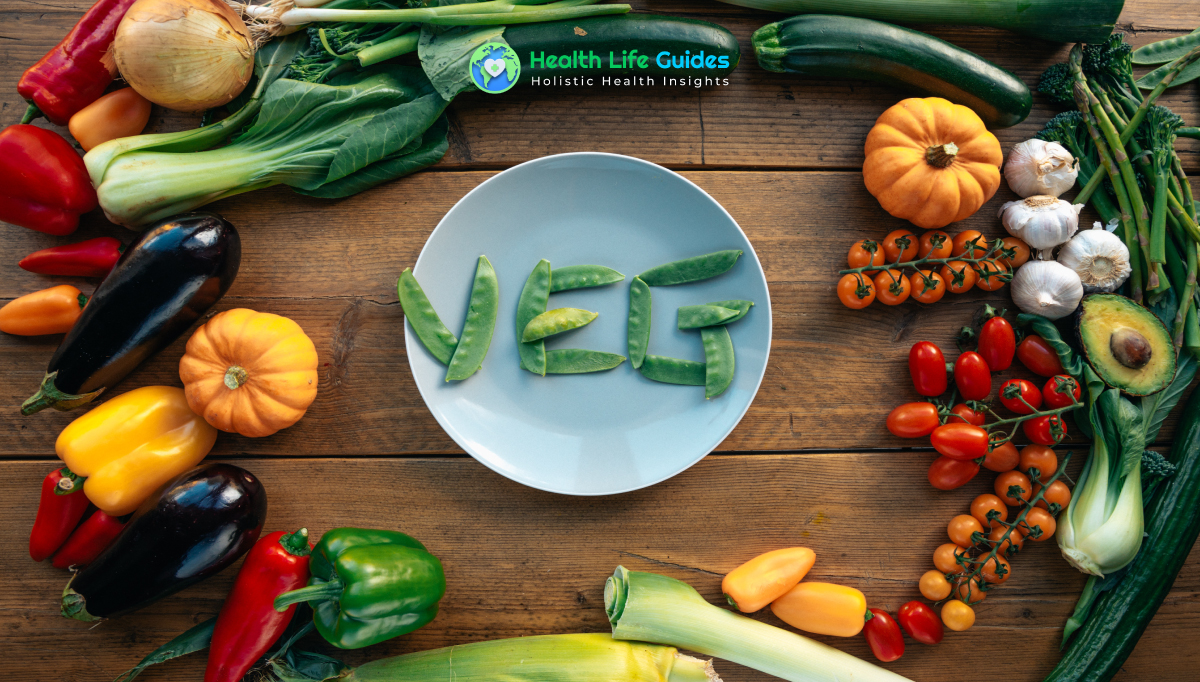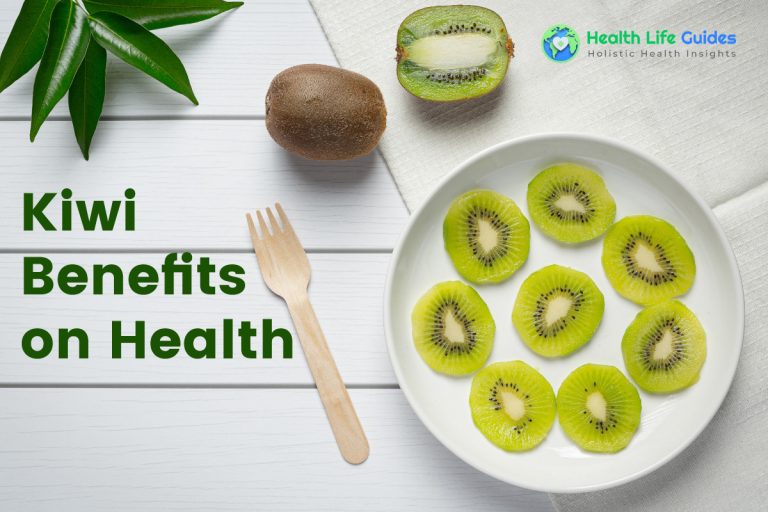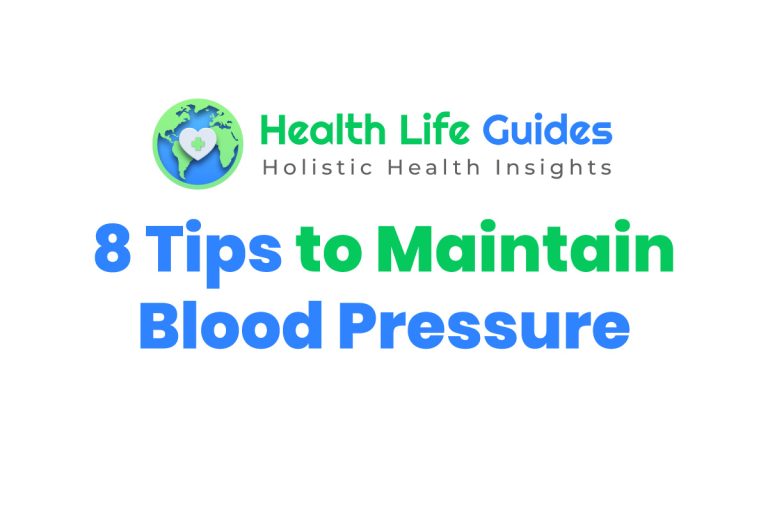Positive impacts of vegetables on health in light of multiple factors:
1.Nutrient-Rich:
Vegetables are loaded with fundamental nutrients, minerals, and cell reinforcements that are indispensable for general well-being. They give supplements like L-ascorbic acid, vitamin A, potassium,folate, and dietary fiber.
2.Low in Calories:
Most vegetables are low in calories and high in water content, making them an astounding decision for weight executives and calorie control.
3.Fiber:
Vegetables are a rich wellspring of dietary fiber, which supports processing, directs glucose levels, and keeps up with solid cholesterol levels. Fiber likewise advances a sensation of completion, which can forestall indulging.
4.Antioxidants:
Numerous vegetables are plentiful in cancer prevention agents like L-ascorbic acid, vitamin E, and different phytochemicals. Cell reinforcements assist with shielding the body from oxidative pressure and decrease the gamble of persistent illnesses like coronary illness and malignant growth.
5.Prevention of Disease:
Standard utilization of vegetables has been related to a lower hazard of constant infections, including coronary illness, stroke, specific sorts of diseases, and diabetes.
6.Weight Management:
Vegetables are low in calories yet high in volume, which can assist with controlling yearning and help in weight reduction or upkeep.
Read More: Cabbage Nutrition and Health Benefits
7.Positive Impacts of Vegetables on Digestive Health:
The fiber in vegetables advances a sound stomach by supporting normal defecations and taking care of valuable stomach microscopic organisms.
8. Skin Health:
A few vegetables, like carrots and yams, are rich in beta-carotene, which can improve skin well-being and give it a sound gleam.
9. Positive Impacts of Vegetables on Hydration:
Numerous vegetables have a high water content, adding to general hydration and supporting physical processes.
10. Positive Impacts of Vegetables on Bone Well-being:
Vegetables like broccoli and kale are great wellsprings of calcium, magnesium, and vitamin K, which are fundamental for keeping up areas of strength for with.
11. Positive Impacts of Vegetables on Eye Wellbeing:
Vegetables like spinach and carrots contain supplements like lutein and zeaxanthin, which can advance eye well-being and lessen the gamble old related macular degeneration.
12. Reduced Irritation:
A few vegetables, especially those with calming intensities like ginger and turmeric, may assist with lessening irritation in the body.
13. Blood Strain Guideline:
Vegetables that are high in potassium, like spinach and potatoes, can assist with bringing down the pulse.
It’s essential to have a different and adjusted diet that incorporates a wide assortment of vegetables to expand their medical advantages. Various vegetables give various supplements, so eating a bright collection of vegetables is a decent methodology for guaranteeing you get an extensive variety of well-being-advancing mixtures. Notwithstanding, it’s likewise essential to consider individual dietary requirements and inclinations while integrating vegetables into your eating regimen.
Correct time to Eat Vegetables
The planning of when you eat vegetables can somehow affect your general well-being and assimilation. Here are a few contemplations for the planning of vegetable utilization:
1. Throughout the Day:
You can consume vegetables over the day as a feature of your feasts and bites. Remembering vegetables for every dinner can assist with guaranteeing you get various supplements and dietary fiber. For instance, you can have vegetables in your morning meal omelet, a serving of mixed greens with your lunch, and steamed vegetables with your supper.
2. Before Dinners:
Eating a little serving of mixed greens or having a few crude vegetables as a tidbit before your principal feast can assist with expanding your general vegetable admission. It can likewise assist with controlling your hunger and may forestall indulging during the principal course.
3. With Protein:
Matching vegetables with protein sources like lean meats, poultry, fish, tofu, or vegetables can make a fair feast. Protein can assist with keeping you feeling full and fulfilled, while vegetables give fundamental supplements.
4.Ost-Exercise:
Consuming vegetables, particularly those rich in potassium like spinach or yams, after an exercise can assist with recharging electrolytes and backing muscle recuperation.
5.Snacking:
Vegetables make for a solid and fulfilling nibble. Cut up certain carrots, celery, cucumbers, or chime peppers and dunk them in hummus or yogurt-based plunge for a nutritious nibble choice.
6.Before Bed:
Eating a little piece of vegetables before sleep time can be a solid decision if you’re feeling hungry. Decide on choices that are not difficult to process, such as steamed or sautéed vegetables, and keep away from weighty or zesty arrangements.
7.Avoid Just Before Exercise:
While vegetables are for the most part a solid decision, consuming a lot of fiber-rich vegetables just before extraordinary activity might prompt gastrointestinal uneasiness for certain individuals. Having a reasonable dinner a couple of hours before practice to take into consideration legitimate digestion is ideal.
8.Consider Individual Requirements:
Focus on your own body’s reaction to the planning of vegetable utilization. Certain individuals might find it more agreeable to have vegetables before the day, while others might endure them well out of the blue.
Recollect that the way into a sound eating routine is assortment and equilibrium. It’s fundamental to remember many vegetables for your eating routine to guarantee you get a different cluster of supplements. Moreover, individual dietary inclinations and necessities might impact when and how you integrate vegetables into your day-to-day dinners and tidbits







+ There are no comments
Add yours